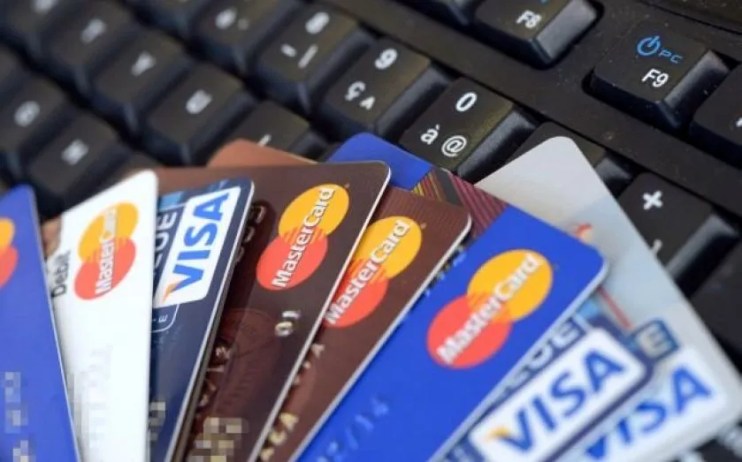UK credit card debt jumps as household finances squeezed in warning sign for the economy

Outstanding debt on UK credit cards jumped nearly 10 per cent last year, according to new data, as households turned to borrowing amid inflationary pressures and the cost-of-living crisis.
Credit card debt rose 9.7 per cent in the 12 months to December last year, figures from banking trade body UK Finance showed.
The number of credit card transactions rose 3.8 per cent to 371.4m year-on-year, while the total spend increased by 3.7 per cent to £19.2bn.
Wider use of credit cards suggests households are turning to debt to cover bills and other expenses as inflation bites and living costs rise. Inflation proved sticky for most of last year since it peaked at more than 11 per cent in October 2022.
UK Finance’s figures come after the Financial Ombudsman Service revealed earlier this month that UK credit card complaints had hit an all-time high between last October and December, with a 76 per cent year-on-year jump.
Consumers have slammed lenders for what they argue are excessively high interest rates and credit limits.
Latest data from the Bank of England showed the effective rate on interest-bearing cards hit a record 21.29 per cent in January.
Figures from the financial information website Moneyfacts showed that the cost of credit card borrowing hit an all-time high between last September and December, while personal loan rates were at their highest level in a decade.
UK Finance’s data showed the total spend on debit cards last year ticked down 1.4 per cent to £68.4bn. Transactions made using debit cards still dwarf credit cards, rising 2.3 per cent to 2.28bn in 2023.
The Bank of England is expected to hold interest rates at a 16-year high of 5.25 per cent when it meets on Thursday.